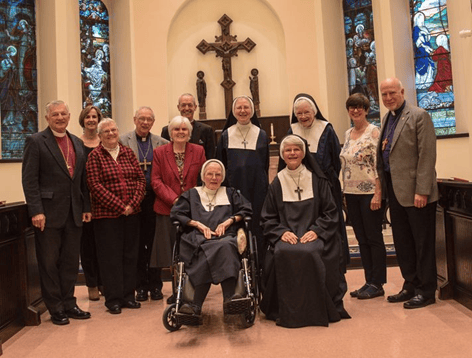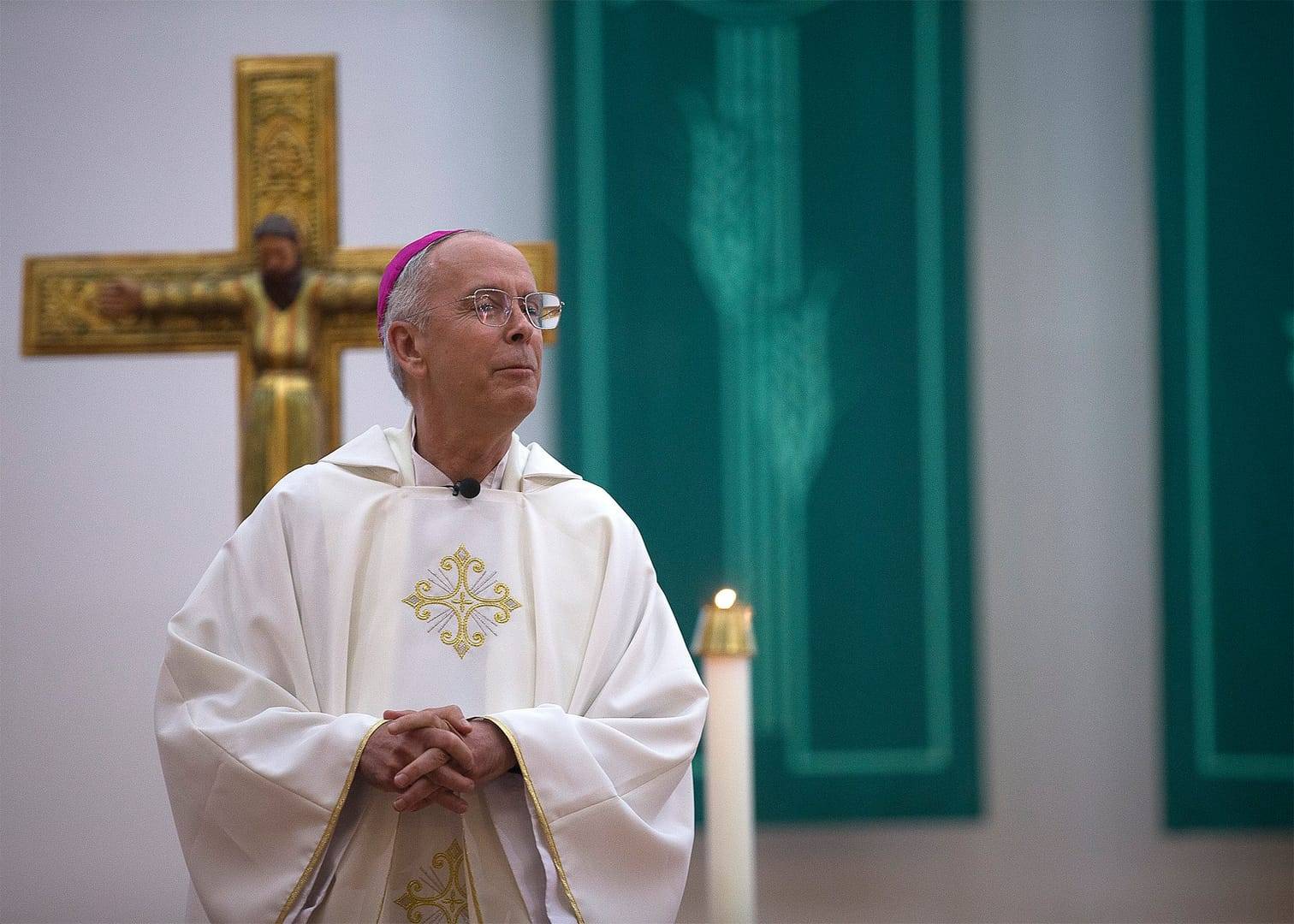WASHINGTON, D.C. — As the world was reacting to news about Donald Trump pulling the U.S. out of the Paris climate accord, lawyers for the president were asking the U.S. Supreme Court later that day, on June 1, to overturn decisions by lower courts blocking his travel ban.
The U.S. Department of Justice is seeking a way to implement the president’s troubled executive order, which the other lower courts have blocked saying it unfairly targets Muslims, despite a revision.
The 9th U.S. Circuit Court of Appeals as well as the 4th U.S. Circuit Court of Appeals heard arguments for and against the order that aims to prevent citizens from six majority-Muslim countries from entering the United States for a period of 90 days. It also asks that refugees wait 120 days before entering the country and cuts the number of refugees the U.S. accepts each year to 50,000. The U.S. previously had accepted up to 110,000.
It’s been highly expected that the fate of the order would eventually be decided by the justices of the highest court of the land, but the Trump administration is trying to speed up the pace of that decision while also wanting the order to be implemented while a decision is made.
On May 25, the 4th U.S. Circuit Court of Appeals — as a three-judge panel of the 9th Circuit before it — rejected its implementation, saying that the order “drips with religious intolerance, animus and discrimination” and in 10-3 ruling upheld a lower court’s injunction to keep the ban from going into effect. Many of the arguments against the executive order have pointed to the president’s remarks against Muslims, during and after the campaign.
In a strongly worded dissent, Judge Paul Niemeyer of the 4th Circuit said the majority’s reliance on campaign statements for its ruling “to impose a new meaning on an unambiguous executive order is completely strange to judicial analysis.”
Lawyers for the government have said the president wants to protect the country from potential acts of terrorism and is not seeking to discriminate against Muslims.
Bishop Joe S. Vasquez of Austin, Texas, who is chair of the U.S. Conference of Catholic Bishops’ Committee on Migration, said after a revision had been made to the initial executive order March 6, the new order remained troubling, particularly because of the consequences of keeping out refugees seeking to escape dangerous situations.
“The revised order … still leaves many innocent lives at risk,” he said in the statement, and added that the bishops and the church “believe in assisting all those who are vulnerable and fleeing persecution, regardless of their religion.”















